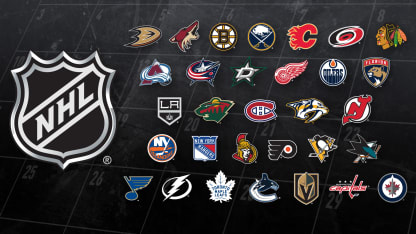NHL looking at 8-9 sites as options to restart season, Commissioner says
League considering places that can safely accommodate 'dozen or so teams in one location'

League considering places that can safely accommodate 'dozen or so teams in one location'
